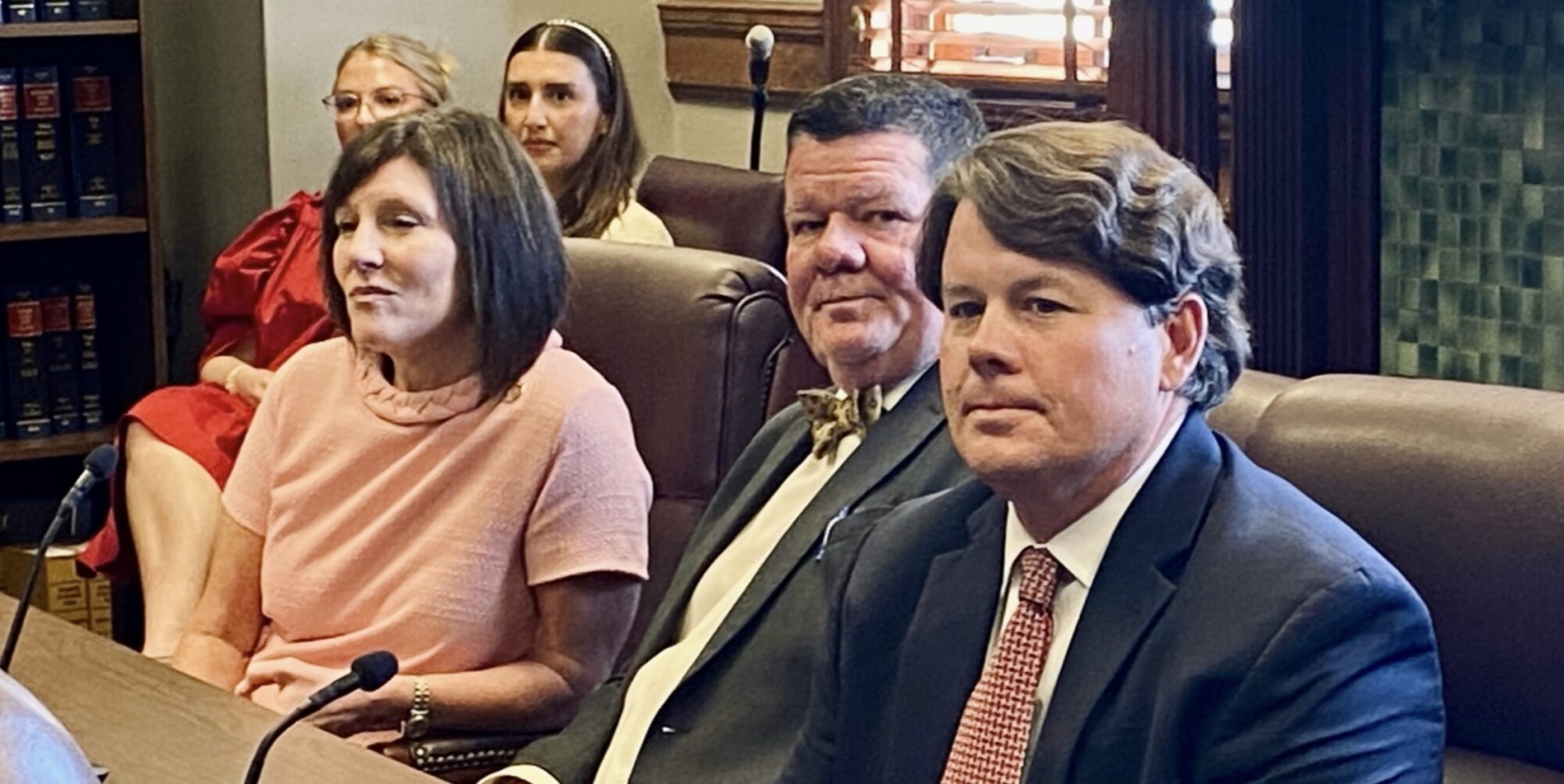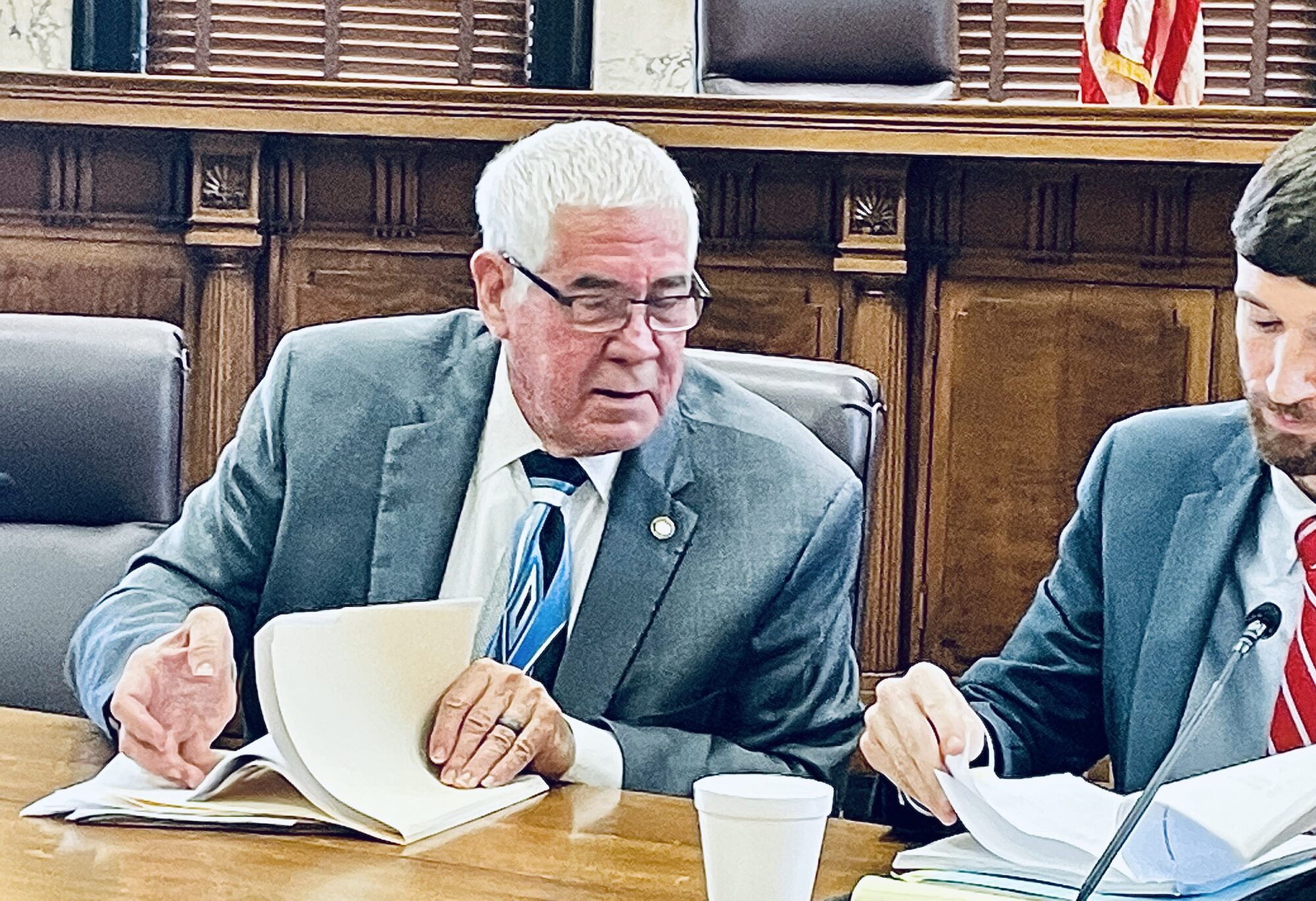
- In the last days of the 2024 Legislative session, both the Medicaid expansion and Medicaid tech bills were killed, but a budget was adopted for the Division.
The efforts for Medicaid expansion during the 2024 Legislative session came to an end last night after the death of the conference report on a filing deadline.
Lawmakers in the House and Senate could not come to an agreement on how to expand Medicaid in Mississippi, with much of the negotiations hanging on a work requirement waiver.
However, the expansion bill was not the only piece of legislation to impact Medicaid this year. Lawmakers were also tasked with addressing the Medicaid “tech” bill, which outlines the running of the program. Most recently, the tech bill has been amended yearly due to the fast-changing landscape of healthcare, however it usually only comes to the chamber every couple of years.
Thursday night, upon the imminent death of the expansion bill, Senator Kevin Blackwell said it was made clear to Senators that the House would not sign the tech bill conference report, ultimately killing the legislation.
Blackwell said beginning in early February he met with his counterparts in the House with an agreement to put forward two bills, presumptive eligibility and the tech bill. He said initial conversations outlined that the House presumptive eligibility bill would be passed and the tech bill from the Senate.
Companion bills are very common during the legislative process, with one chamber’s legislation making it all the way into law.
He went on to outline a timeline of events as the expansion and tech bill were negotiated back and forth, which Blackwell said largely hinged on the House’s proposal to pass expansion.
“It got to be one thing after the next,” said Blackwell on the Senate floor. “We had to have a hearing for the tech bill. We had the hearing. Then we had to compromise and come up to the 138 percent FPL, we did come up to that proposal. Then we were asked to remove the section on suing CMS, we did. Then they asked us to put in that the department would apply annually, we did. Then finally they came back with their [House] original proposal.”
In the final days, Blackwell said the Senate also agreed to reduce their originally proposed work requirement hours from 120 to 100 a month. He said before the bill died, they were also told by what he called a reliable source, that the Centers for Medicare and Medicaid Services (CMS) would be inclined to consider their work requirement request and that the information was also reiterated to the House.
When an agreement could be reached between the chambers and “death” of the expansion bill was eminent, Blackwell said he was told the House would not sign the Senate’s tech bill.
The Senate proposed tech bill would have reduced paperwork for parents of children with severe disabilities to apply for Medicaid; increased reimbursement rates for ambulance service providers, centers, pediatricians, and other services for patients diagnosed with autism, glucose issues and adult day care facilities; increased reimbursements for children in North Mississippi who are sent to LeBonhuer; and preserved changes made last year to the hospital tax.
“We are disappointed in this outcome, but I will be bringing these provisions back for consideration next year,” Blackwell said.
Representative Missy McGee (R), who chairs Medicaid in the House posted to Facebook that she was also disappointed to see the death of the legislation. However, added that a repealer for the tech bill was added earlier in session.
“I’m disappointed that we couldn’t close the deal. I’m disappointed that for many, winning an ideological debate was more important than helping Mississippians. I’m disappointed some of those who have long advocated for Medicaid expansion let ‘perfect’ be the enemy of ‘good,’” said McGee.
She went on to thank Speaker Jason White (R) for his leadership on the issue, the work Senator Blackwell did, and those who advocated for expansion from the public.
“I think we moved the needle. I think for the first time we had some real conversations, real debates, we had real bills and conference reports, we had bills voted, we had super majority votes in both chambers for some versions of Medicaid expansion,” said Speaker of the House Jason White. “No it didn’t end the way I’d hoped.”
Lt. Governor Delbert Hosemann (R) said ultimately the House was open to traditional expansion and the Senate required the work requirement waiver.
“This work requirement is not naive nor unsustainable, we had it. We had the opportunity to do that and we didn’t,” said Hosemann. “At the end it came back and forth several different times and when we got to the very end we were unable to reach an agreement. I’m disappointed in that.”
Hosemann added that he is not done with the issue of Medicaid and insinuated that Senators would be back on the issue at some point.
Despite those disagreements, the chambers both passed HB 1800, the Medicaid appropriations bill. The total budget for the Division in FY2025 will come to $8,303,224,295 with $847,968,406 coming from the state General Fund. When including additional special funds, the total state support comes to roughly $911 million.
RELATED: Division of Medicaid requesting nearly $1 billion in state funding for next fiscal year
Blackwell told Senate members the Division of Medicaid originally asked for an additional $80 million in the anticipation of a deficit. This is a 9% increase to state support, over current funding, bringing the divisions total funding request to nearly $1 billion.
That request was not reflected in the final appropriation.
“The House refused to give even a penny on this,” said Blackwell.
Neither the tech bill nor the expansion bill were brought up for discussion on the floor. These pieces of legislation often require hours of drafting by staff members.
Lawmakers also passed legislation this year to allow presumptive eligibility for pregnant women on Medicaid, a cost of roughly $2 million to the state.










